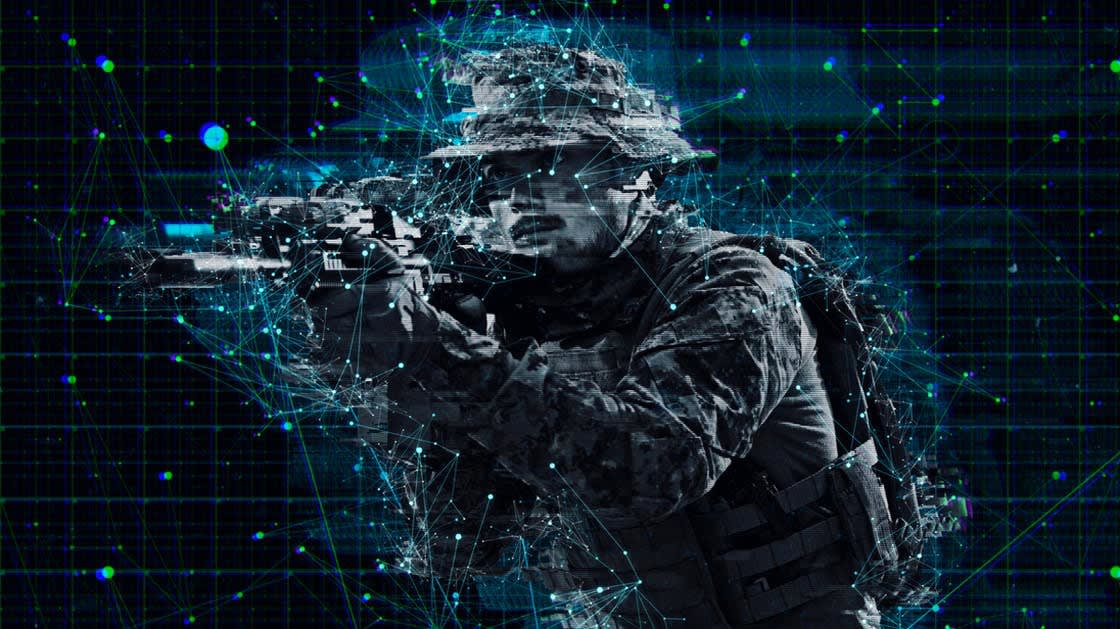Todesurteile ohne Menschen: Künstliche Intelligenz verändert die Regeln des Krieges.
May 29, 2025125 AufrufeLesezeit: 2 Minuten

Schriftgröße
16
In a world where the pace of technological advancement is accelerating, artificial intelligence has become one of the key components of modern warfare, not just as a support tool, but as a strategic weapon that may surpass the threat posed by traditional, and even nuclear, weapons.
Armies no longer need to cross borders with firearms, as a cyber-attack supported by artificial intelligence can disable an entire power grid, penetrate air defense systems, or even influence public opinion through coordinated disinformation campaigns.
Dr. Mohamed Mohsen Ramadan, an expert in cybersecurity and combating cybercrimes, warned that future wars will increasingly rely on "killer algorithms," where intelligent systems make deadly battlefield decisions without direct human supervision, in what is known as the concept of "autonomous killing decisions."
This type of decision removes humans from the life-and-death equation, raising unprecedented ethical and legal questions.
Dr. Ramadan explained that artificial intelligence is already being used to pilot drones, analyze real-time big data to accurately predict enemy movements, launch cyber-attacks that can adapt to and penetrate protective systems before being detected.
It is also employed to spread fake news through chatbots and social platforms to destabilize the domestic front of targeted countries.
He pointed out that several parties now rely on it to guide drones, penetrate digital infrastructure, disrupt communication and military control systems, manage information influence campaigns, and precisely identify targets for airstrikes.
He emphasized that "algorithms will be faster than bullets," confirming that artificial intelligence may make fateful decisions without human intervention, making it an extremely dangerous threat.
He mentioned that many technology experts have expressed concerns that artificial intelligence could become more dangerous to humanity than nuclear weapons if left unchecked without clear regulations and legislation.
The fear is not from the machine itself, but from the human programming it for killing without ethical constraints or oversight.
Dr. Ramadan concluded by emphasizing that cybersecurity has become a national necessity, and that countries should invest in advanced encryption, develop capabilities in quantum computing, establish electronic armies capable of deterrence and defense, in addition to working on an international legal framework regulating the use of artificial intelligence in armed conflicts.
The crucial question is no longer just how to fight, but how to prevent a machine without emotions from igniting an endless war?